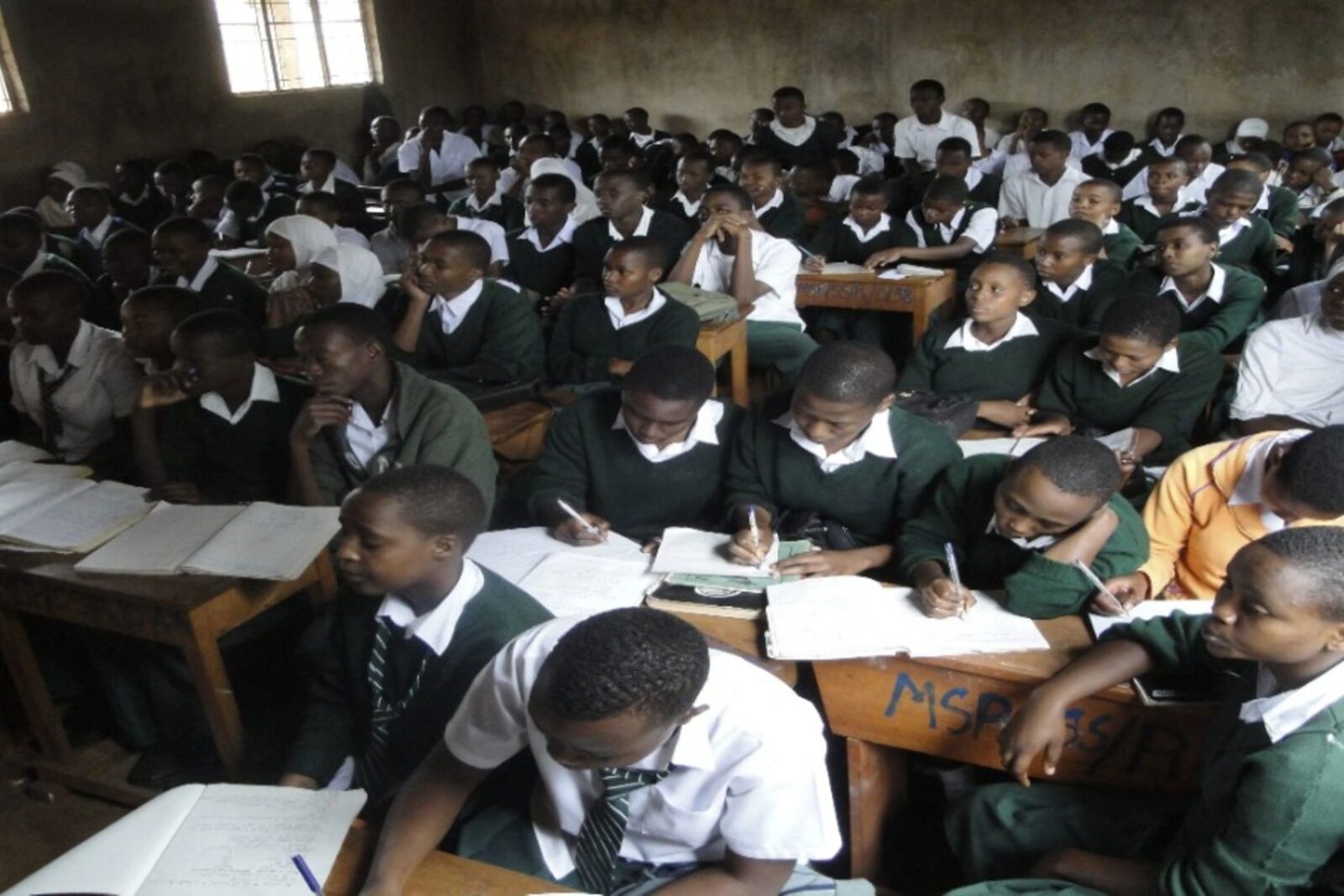
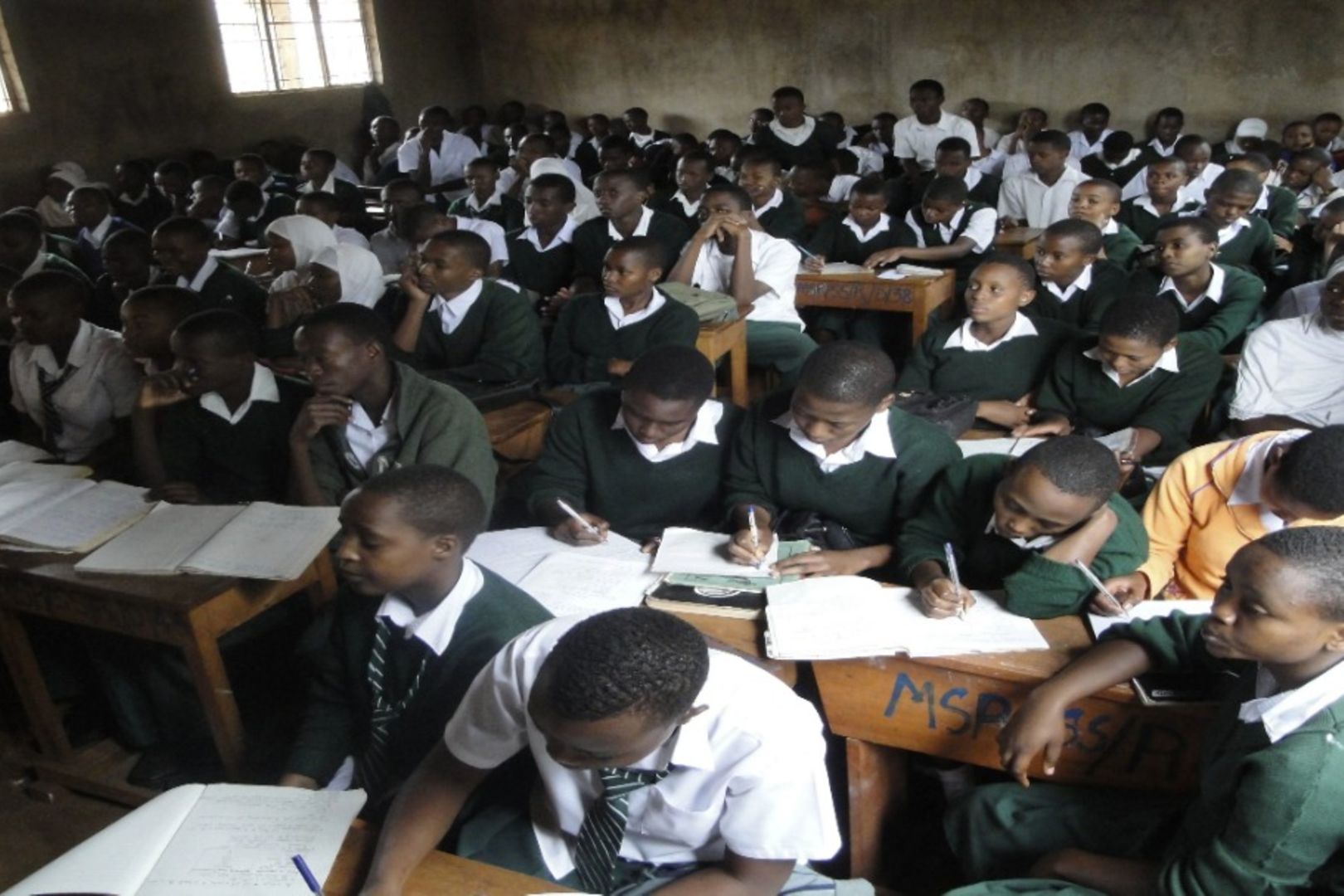
Education in Tanzania is undergoing a significant transformation, particularly in secondary schools, where modern teaching practices are redefining the learning experience.
These advancements are designed to enhance academic performance, equip students with 21st-century skills, and prepare them for global challenges.
The Role of Modern Teaching Practices
Modern teaching practices in Tanzania’s secondary schools focus on interactive and student-centered learning approaches. These methods include:
- Technology Integration: Schools are adopting digital tools like smart boards, tablets, and e-learning platforms to make lessons more engaging and accessible.
- Problem-Based Learning (PBL): Teachers encourage students to solve real-world problems, fostering critical thinking and creativity.
- Collaborative Learning: Group projects and peer discussions are emphasized to build teamwork and communication skills.
- Competency-Based Curriculum (CBC): The CBC framework ensures students gain practical knowledge and skills beyond theoretical concepts.
Technology as a Game-Changer
The incorporation of technology is one of the most significant advancements in Tanzania’s secondary education. Schools are increasingly using online resources and digital platforms to enhance learning outcomes. For example:
- E-Libraries: Digital libraries provide students with access to a wealth of educational materials.
- Virtual Classrooms: Online classes bridge the gap for students in remote areas.
- STEM Education: Schools emphasize science, technology, engineering, and mathematics (STEM) through modern labs and software tools.
Teacher Training and Development
To implement modern teaching practices effectively, teachers in Tanzania undergo continuous professional development. Workshops, seminars, and online courses equip educators with the skills needed to integrate innovative methods into their classrooms.
Challenges and Solutions
Despite the progress, challenges such as limited infrastructure, lack of funding, and unequal access to technology persist. However, the government, non-governmental organizations, and private sectors are working collaboratively to address these issues. Initiatives like public-private partnerships and international aid have been instrumental in bridging gaps.
Impact on Students
Modern teaching practices have had a profound impact on students, including:
- Improved Academic Performance: Interactive and engaging lessons lead to better understanding and retention.
- Enhanced Problem-Solving Skills: Students become critical thinkers capable of tackling complex issues.
- Global Competence: Exposure to technology and modern methods prepares students for international opportunities.
The Future of Secondary Education in Tanzania
The future of Tanzania’s secondary schools looks promising as the country continues to embrace innovation in education. By investing in infrastructure, teacher training, and technology, Tanzania is setting a strong foundation for its students to thrive in a competitive global landscape.
Conclusion
Tanzania’s secondary schools are at the forefront of an educational revolution. Modern teaching practices are not only improving academic outcomes but also empowering students with the skills needed for a dynamic world.
As the country continues to prioritize education reform, the impact of these advancements will resonate for generations to come.
Related articles
- Top 10 Provinces in Matric Results 2024/2025: Celebrating Academic Excellence
- South Africa’s Basic Education Department Unveils 2024 Matric Results
- Top 10 Students in KCSE Results 2024/2025: How to Check and Celebrate Excellence
- Top 100 Students in KCSE Results 2024/2025: Celebrating Kenya’s Brightest Minds
- Top 10 Schools in KCSE Results 2024/2025: Leading the Nation in Academic Excellence
- How to Check KCSE Results 2024/2025: A Step-by-Step Guide
- KCSE Results 2024/2025: How to Access, Interpret, and Plan Ahead
- Top 10 Students in Matric Results 2024/2025: Best Performers and Outstanding Achievements


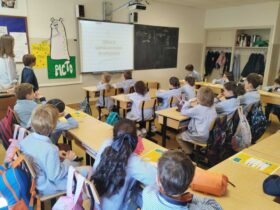
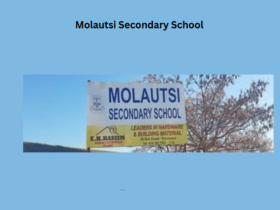
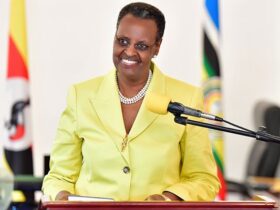
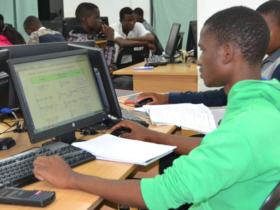
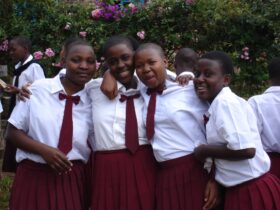
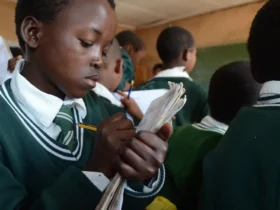

Leave a Reply